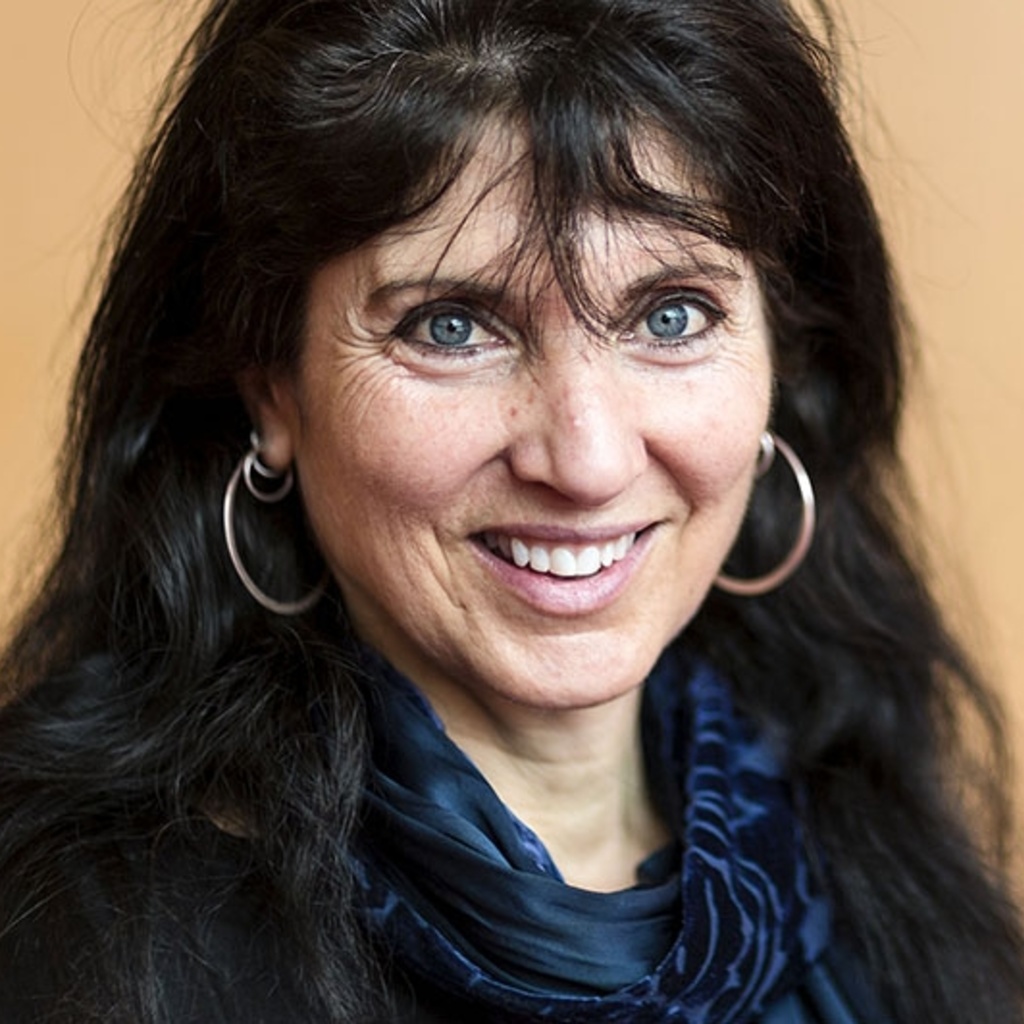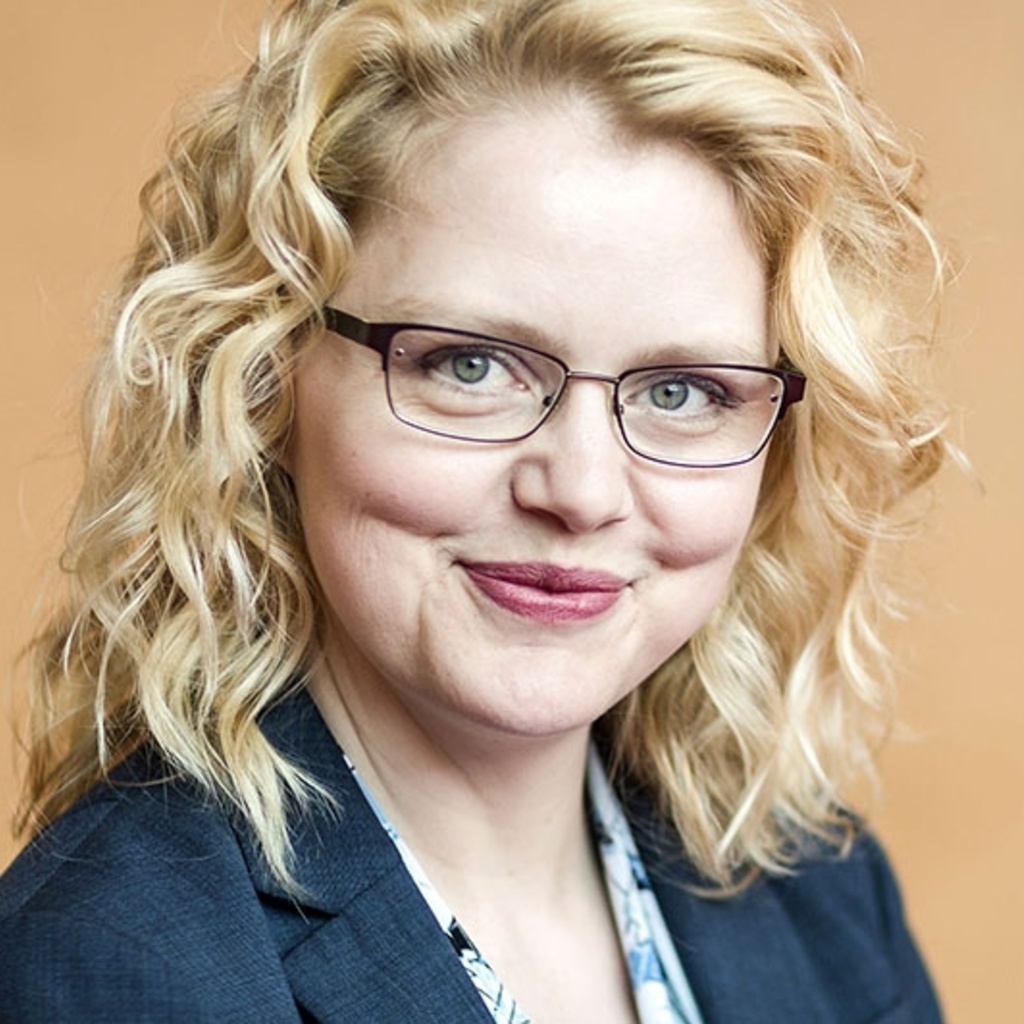Main navigation
The Iowa Playwrights Workshop—the University of Iowa's MFA Program in Playwriting—is an intensive three-year program dedicated to educating playwrights for the professional theatre. We train talented playwrights and collaborative theatre artists who will lead the American theatre in the creation of new works and the training of future generations of playwrights.
The Playwrights Workshop was founded in 1971, but a strong tradition in playwriting has existed at the University of Iowa since the early 1920s. Graduates have found success in every medium of dramatic writing, including stage, screen, television, and nontraditional performance.
Iowa graduates include the playwrights Tennessee Williams, Lee Blessing, Sherry Kramer, Charles Smith, John O'Keeffe, David Hancock, Naomi Wallace, Rebecca Gilman, David Adjmi, Kirsten Greenidge, and Samuel Hunter, and Jen Silverman; and the film and television writer-producers Richard Maibaum, Norman Felton, Barry Kemp, Rick Cleveland, and Paul Rust. These and many others have exemplified the Iowa tradition of training professional dramatists who are both writers of scripts and texts and collaborative artists who actively engage in the development and production of new work.
The Playwrights Workshop seeks to create conditions in which you can develop your unique voice while freely experimenting with a variety of creative processes and theatrical forms. Your writing is nurtured through both coursework and opportunities to present new work at all stages of development. We believe that only by working with actors, directors, and other collaborators, and by seeing one’s work on stage, can a writer find his or her own theatrical voice. Therefore we offer you a wide variety of opportunities to have your work produced. In addition to weekly staged readings, Gallery productions and workshops take place throughout the academic year. In the spring, the New Play Festival showcases four full productions and staged readings by all students in the Workshop.
All opportunities for reading and production are designed to develop and enhance your training and experiences in your coursework. The areas of coursework, writing, and staged reading/production are interdependent in the student's development. Through them, you are expected to demonstrate ongoing growth and maturity as a writer, collaborative theatre artist, and student of theatre.
Degree requirements
The MFA Program in Playwriting requires a minimum of 62 semester hours of coursework in these areas:
- Playwrights workshop
- Special topics in playwriting/guest seminar
- Core MFA curriculum, consisting of courses in theatre history and dramatic literature
In THTR:7300: Playwrights Workshop, a course taken in every semester of enrollment, you give first presentations of plays-in-process, usually through rehearsed readings, receive intensive feedback from your colleagues and faculty in playwriting and dramaturgy, and develop plays towards possible production in the department. The workshop provides a venue for the development of new work, as well as a community of playwrights and dramaturgs who support the development of that work.
Guest seminar and special topics courses expose you to diverse approaches to form and process, and provide tools for writing and revision. Often taught by visiting artists, these courses are designed to challenge your working process and sense of theatrical form.
The department curriculum in theatrical analysis is designed to sharpen your theatrical vision in relation to the diverse dramatic and performance traditions of the past and the present.
In the first semester of enrollment, you complete a plan of study in consultation with Head of the Playwrights Workshop. The plan of study lays out all required and elective courses you will take in completing the MFA. The plan of study also reflects any graduate transfer credit to be counted towards the degree, whether or not transfer courses may substitute for department or program requirements, and any coursework you must take in order to fill gaps in your previous academic preparation.
At least 30 of these credits must be completed in residence. Accelerated degree status may be granted on the basis of graduate transfer credit that satisfies course requirements and/or for professional experience that the faculty deem equivalent to specific program requirements.
Your graduate committee and the Director of Graduate Studies must approve the plan of study. For the MFA candidate in playwriting, the graduate committee consists of three members of the playwriting faculty (Professors Borreca and Clubb, and either Professor Schlesinger or Professor Gogerty). Once it has been established, the Director of Graduate Studies and the Head of the Playwrights Workshop must approve any changes in the make-up of your committee.
In addition to approving the plan of study, the committee's approves (in consultation with the DGS) any subsequent changes in the plan of study, oversees your academic and creative progress, provides feedback on your writing and production work, approves satisfactory completion of annual reviews, and advises and approves the thesis play in the third year.
Degree requirements
Plan of study
All MFA candidates in playwriting must complete a minimum of 64 semester hours and all of the following:
Sample Plan of Study
Collaboration and production requirements
In addition to fulfilling the course requirements outlined previously, you are expected to regularly generate new writing for the stage of a quality that merits its production in such department venues as the New Play Festival and the Gallery Series. In these contexts, you are expected to demonstrate ongoing growth as a collaborative theatre artist committed to the making of new work for the theatre.
Allowing for differences in creative process, you are expected to produce a substantial piece of dramatic writing for the Playwrights Workshop—a draft of a full-length play, a substantial revision of a previous draft, or a series of related shorter works—every semester. Over the course of a year, you are expected to show substantial progress on two-full length works or the equivalent; one of these works should take a finished form by the end of the spring semester.
The department produces some two-dozen plays annually, many of which are new works, and MFA candidates in playwriting are expected to make regular use of opportunities to have their work presented or staged. Over the course of your enrollment, you should have presented at least three substantial works in a departmental venue outside of Playwrights Workshop. One of these scripts should have received a festival production.
You are expected to develop your skills as collaborative theatre artists in the development and production of your own plays, as well as in your feedback and collaboration on the development and production of your colleagues' work. Unless granted an exception, all MFA students in playwriting are expected to submit a script for festival consideration in each year of enrollment.
Thesis
In the third year, you must submit a full-length thesis play, along with a short (four to six pages) introduction placing the work in the context of your work in the Playwrights Workshop. The thesis play must represent substantial creative work undertaken in the third year of enrollment and may consist of a play newly written in the third year or a major revision of a play that has been read and/or produced in the first two years.
The thesis must be submitted in accordance with Graduate College policies for the formatting and submission of theses. You are responsible for meeting all Graduate College deadlines for the thesis.
Under normal circumstances, you will receive feedback on the thesis play from the graduate committee as the play is being developed in the workshop and other department venues. If the thesis play is not being given a reading or production in the third year, you is responsible for arranging timely thesis conferences with the members of your committee.
Following approval of the thesis, program faculty will meet with you for a final review of your work in the program and a look to the future.
Accelerated degree policy
Accelerated degree status may be granted for graduate transfer credit that satisfies particular course requirements and/or for professional experience, which the faculty accept as equivalent to courses or other program requirements. The following explains how this policy applies specifically to MFA students in playwriting seeking accelerated degree status on the basis of their professional work as playwrights.
Many students enter the MFA Program in Playwriting with professional experience as playwrights and theatre artists. In such cases, accelerated degree status will be granted only to students with a significant record of theatrical production, which reflects, in the view of the faculty, advanced achievement in writing for the stage. Waivers for the Playwrights Workshop or other courses in playwriting will not be granted for professional work in areas other than playwriting.
Usually nine to twelve semester hours of graduate coursework from another institution (one full-time semester) will be applied to the MFA in Playwriting at Iowa, including the waiver of one semester of Playwrights Workshop. Accelerated degree status based on professional experience may include the waiver of up to two semesters of course requirements.
If you believe you might qualify for accelerated degree status should apply for such status at the time of admission.
Create your academic path
You'll find degree overviews, requirements, course lists, academic plans, and more to help you plan your education and explore your possibilities.
Current course list
The MyUI Schedule displays registered courses for a particular session and is available to enrolled students. The list view includes course instructors, time and location, and features to drop courses or change sections.
Playwriting alumni

David Adjmi's play Stereophonic is the most-nominated play in Tony Award history
The creator of Broadway’s 2024 ‘Best Play’ first found his voice at the Iowa Playwrights Workshop.
Learn more about playwriting at Iowa
Internships
A professional internship is not required of MFA candidates in playwriting. However, in individual cases an internship may be desirable or advisable. If you are intending to take an internship, you should plan for the internship in your plan of study. If a decision to pursue an internship is reached after approval of the plan in the first year, the plan may be revised, with the approval of your committee, to include an internship. Usually internships are taken in the first semester of the third year.
You are responsible for securing your internships and negotiating all related details (with assistance from the faculty). You should obtain a letter from the sponsoring institution agreeing to employ you and in what capacity. If faculty approves the internship, a copy of the letter will be placed in your advising file with your plan of study.
During the internship semester, the Playwrights Workshop requirement will be waived if you complete a three semester hour independent study with a member of the playwriting faculty.
Academic and program reviews
Your work on writing projects and productions is intensively reviewed at the time of the project's presentation in workshop or other department venue; conferences with playwriting faculty are ongoing throughout your enrollment.
The first year is a probationary period for all MFA students in the Department of Theatre Arts. At the end of the first year, you meet with program faculty for an overall review of your progress in the program.
Near the end of the first and second years of enrollment, you submit an annotated checklist of all works completed and in progress during the current academic year, along with a two to three page self-assessment essay. In the second year, the essay includes reflection on progress over the first two years, and the expected focus and approach of the MFA Thesis play.
Program faculty use this self-assessment, checklist, and proposal, along with your work on courses, in the Playwrights Workshop, and in the Gallery Series and/or New Play Festival, to confer about your progress and determine if you will:
- Be invited to continue in the program
- Be placed on academic probation
- Be removed from continued enrollment in the program
You will receive a short letter documenting the primary reasons for the faculty’s decision. In the case of academic probation, the letter will outline the conditions of the probation and the date by which you must demonstrate that conditions have been met in order for probationary status to be removed. In the case of dismissal, you will receive a letter outlining the reasons for dismissal. Students may request a meeting with program faculty to discuss probation or dismissal.
Early in the fall semester of the subsequent academic year, returning students meet with program faculty to review the previous year’s work and to establish academic and creative objectives for the new academic year.
The graduate committee reserves the right to request withdrawal on the basis of insufficient progress or marked regress in any major area of the program—coursework, writing, collaboration—over the course of the second year. In the case of students who have been removed from probation, the committee reserves the right to request withdrawal because of your failure to maintain satisfactorily the conditions of removal.
Questions?

Art Borreca, DFA, MFA, BA
Tony Meneses, AD, MFA, BA

Lisa Schlesinger, MFA, BA
Get Involved
Want to learn more about productions on campus? Visit the Theatre Arts Callboard to find audition information, production guidelines, facilities information, and more.
Playwriting faculty

Art Borreca, DFA, MFA, BA

Megan Gogerty, MFA, BA
Tony Meneses, AD, MFA, BA


